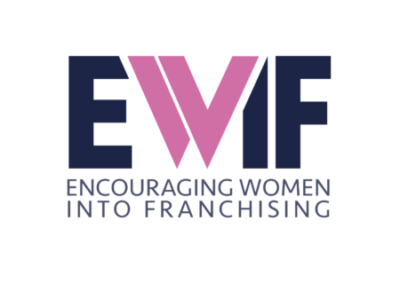
If you’re wondering whether you should invest in a franchise, where can you find the right information to help you know if a brand is right or not? Read on for our advice.
Deciding to become a franchisee is a huge deal – especially for women! We tend to be seriously risk adverse. According to research by LinkedIn, women apply for 20% fewer jobs than men and are less likely to apply unless they meet 100% of the job description criteria… Men will apply if they meet 60% of the criteria! We just won’t take the risk!
With so many franchise opportunities available, how do you know which will be the right “fit” for you? An ethical franchise will be committed to fairness and good practice for their franchisee network, giving you a better sense of peace-of-mind about your decision to join them. Here’s how you can suss out the good from the bad:
- Proven business model An ethical franchise will have a proven track record; their franchisees will be shouting from the rooftops! Search online for reviews, look at social media and investigate the brand and their network’s success. You could also search public forums like mumsnet or Facebook groups for any potential red flags.
- Profitable You’re about to invest your hard-earned money into a franchise, so it should be both sustainable and profitable for you, and your franchisor should be profitable. They should be completely transparent about what requirements they have and how you can expect your business to grow. Ask lots of questions. If they give you huge sales projections, these may be inflated, so carry out due diligence into their claims: can they be substantiated?
- Transferable and teachable The franchise should be able to teach a new franchisee how to meet their standards, what their procedures are, and how to deliver the product/ service. You can see this through the number of franchisees they have who are operating a successful business for themselves.
- Training and support An ethical franchise will have an extensive and comprehensive training programme with all the tools you will need, as a new franchisee, along with ongoing training and support to help you grow your business. Ask questions about their programme. Ask franchisees what their training was like and if they feel supported. If they’re vague about the support, pry more into it – you don’t want to be left alone once you’ve bought your franchise. How long have their current franchisees been with them? Do they have multiple satisfied, long-term franchisees? Or is there a high turnover of franchisees, which could indicate a problem. Don’t be afraid to ask the questions.
- Franchising agreement This should be fair and reasonable for everyone. So, you definitely need to have a franchise lawyer check out any agreement before you sign. A franchise lawyer has experience of the franchise industry and will help you make sense of the agreement, as well as understanding your responsibilities as a franchisee.
As with all things, reviews about a brand should be taken with a pinch of salt; people with an issue tend to shout the loudest, whilst those who are happy may not review at all. Read the negative ones to see if the complaints are deal breakers for you, or an isolated incident.
Another way to look for red flags is to check whether a franchise is a member of a reputable organisation such as The BFA or EWiF; members are committed to ethical franchising.
Curious? What to do now?
Women often face unique challenges or barriers which may hold them back, but an ethical franchise will encourage you every step of the way. To find out more about all things franchising, download our free “Curious Women’s Guide to Franchising”, written in collaboration with The BFA. It also includes a selection of questions to ask when in the research stages to help you make the best decision, so you can find the right fit for you.
